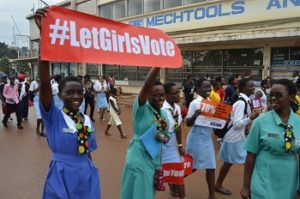LESSON
Lesson Learned: Fostering the Electoral Participation of Internally Displaced Persons in Georgia
This project, as designed and presented had the potential to develop into a forward-looking program with a far-reaching positive impact on increasing the target population’s participation in elections as voters and as candidates. Though most of the expected outputs were successfully delivered, their impact was rather limited. LAG put efforts into producing the outputs in quantity, but due to the lack of programmatic approach and appropriate followup missed an opportunity to ensure their long-term applicability. In some cases, especially as regards the two main assets developed within the project’s framework – the Trainers’ Pool and the capacitated CSOs, this resulted in insufficient performance. Applying the mechanisms and capacity developed within the project’s framework during the 2021 municipal and subsequent elections would be instrumental in increasing the sustainability of the project’s results and its longer-term impact.
Project Partner
Consortium Legal Aid Georgia
Project Description
The project aims to increase awareness of electoral processes and to create an informed type of participation for internally displaced persons in Georgia. This will be achieved through mobilization and training to improve knowledge of electoral processes and encourage meaningful electoral involvement in the upcoming 2020 parliamentary election, and 2021 municipal elections. Capacity building activities will target civil society organizations who observe and monitor local elections.
Evaluation Date
November 2021
Theme
Country
